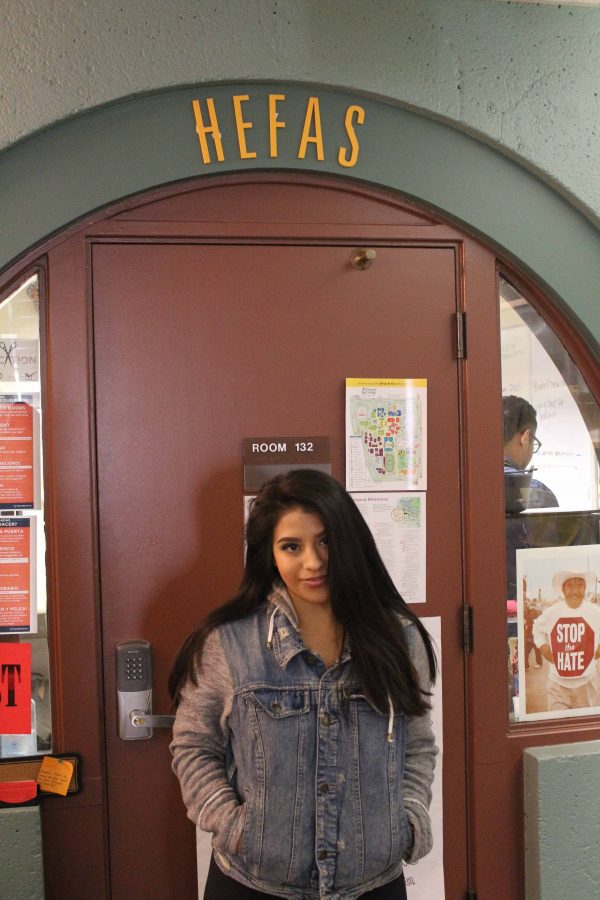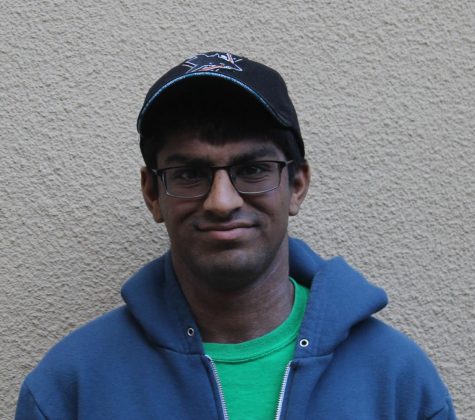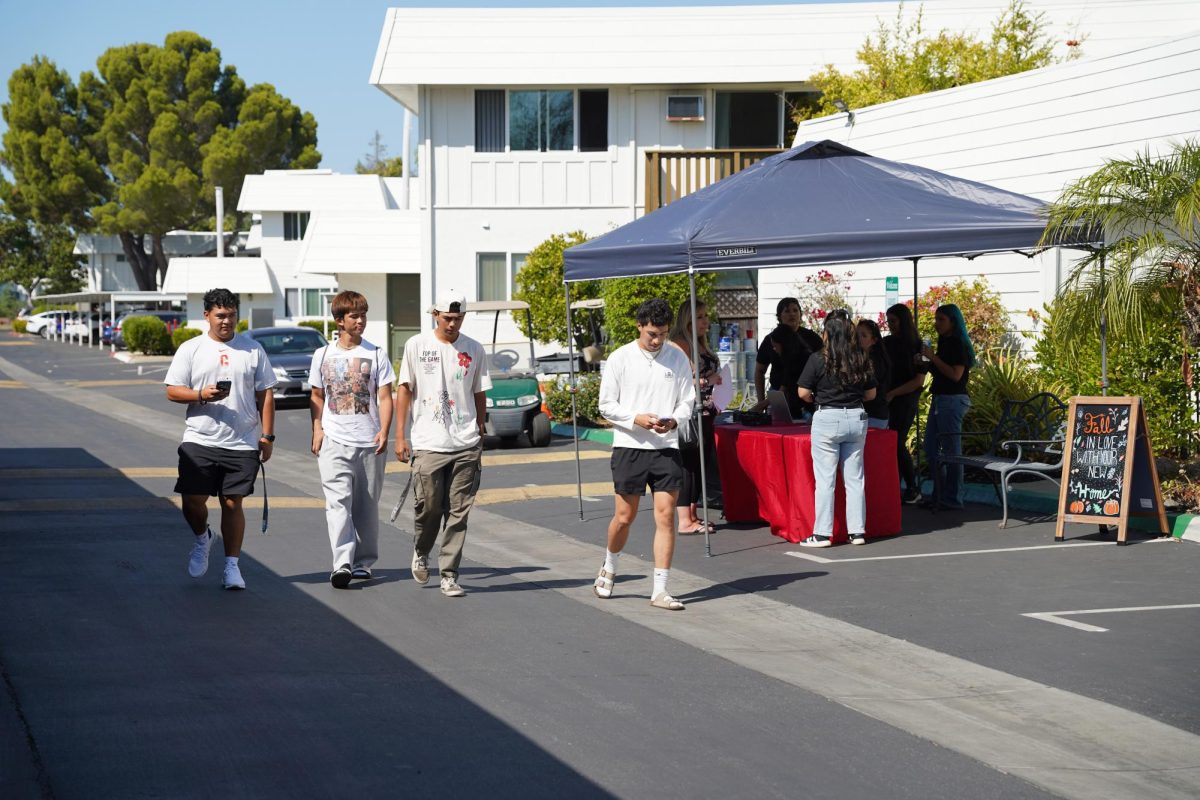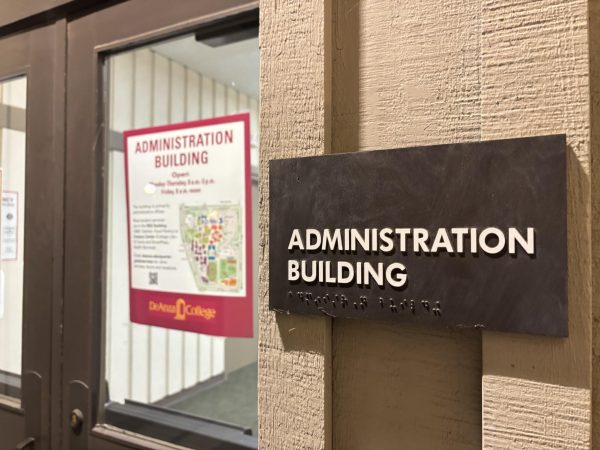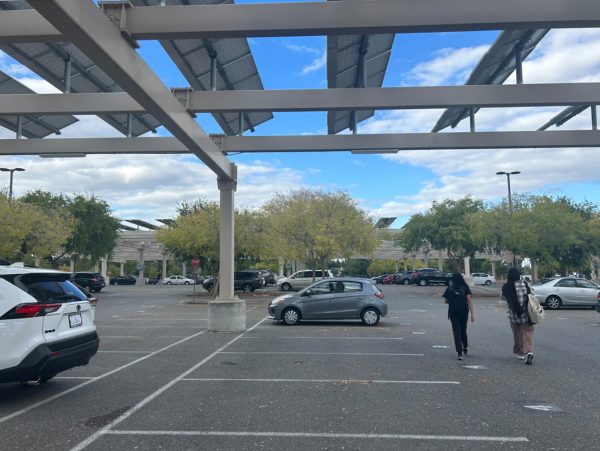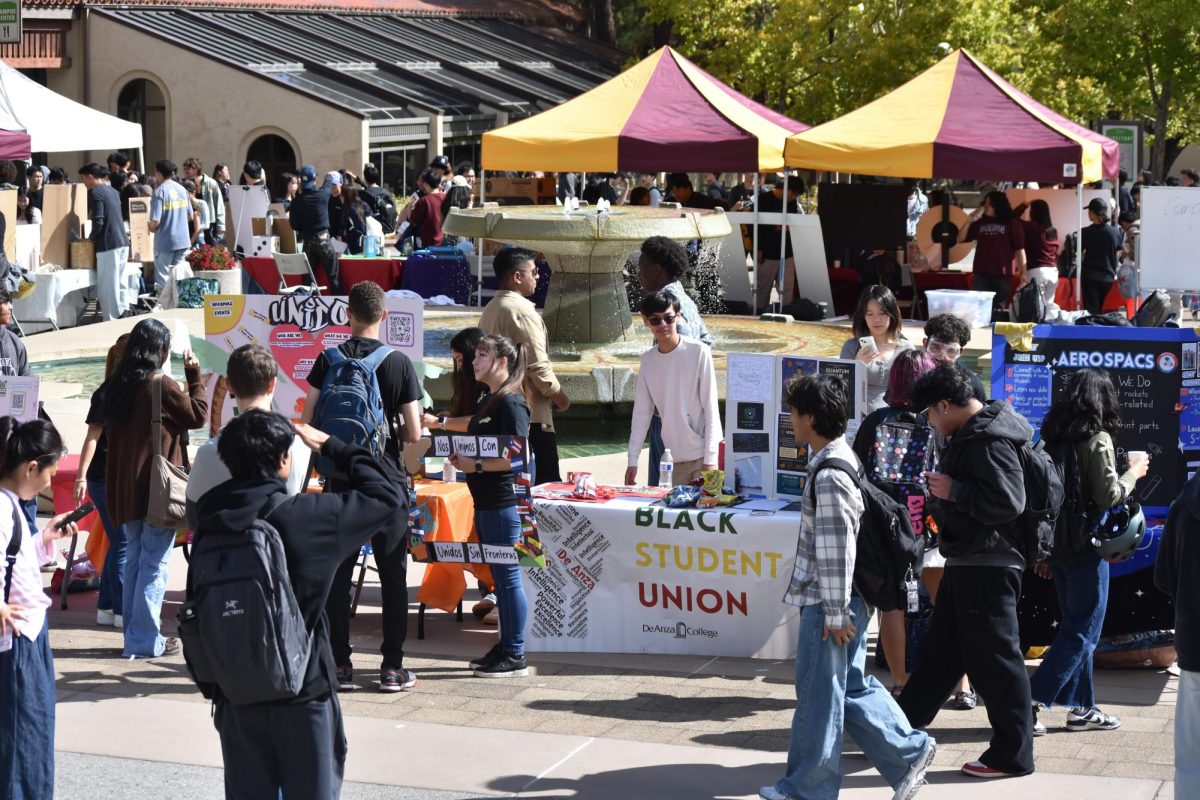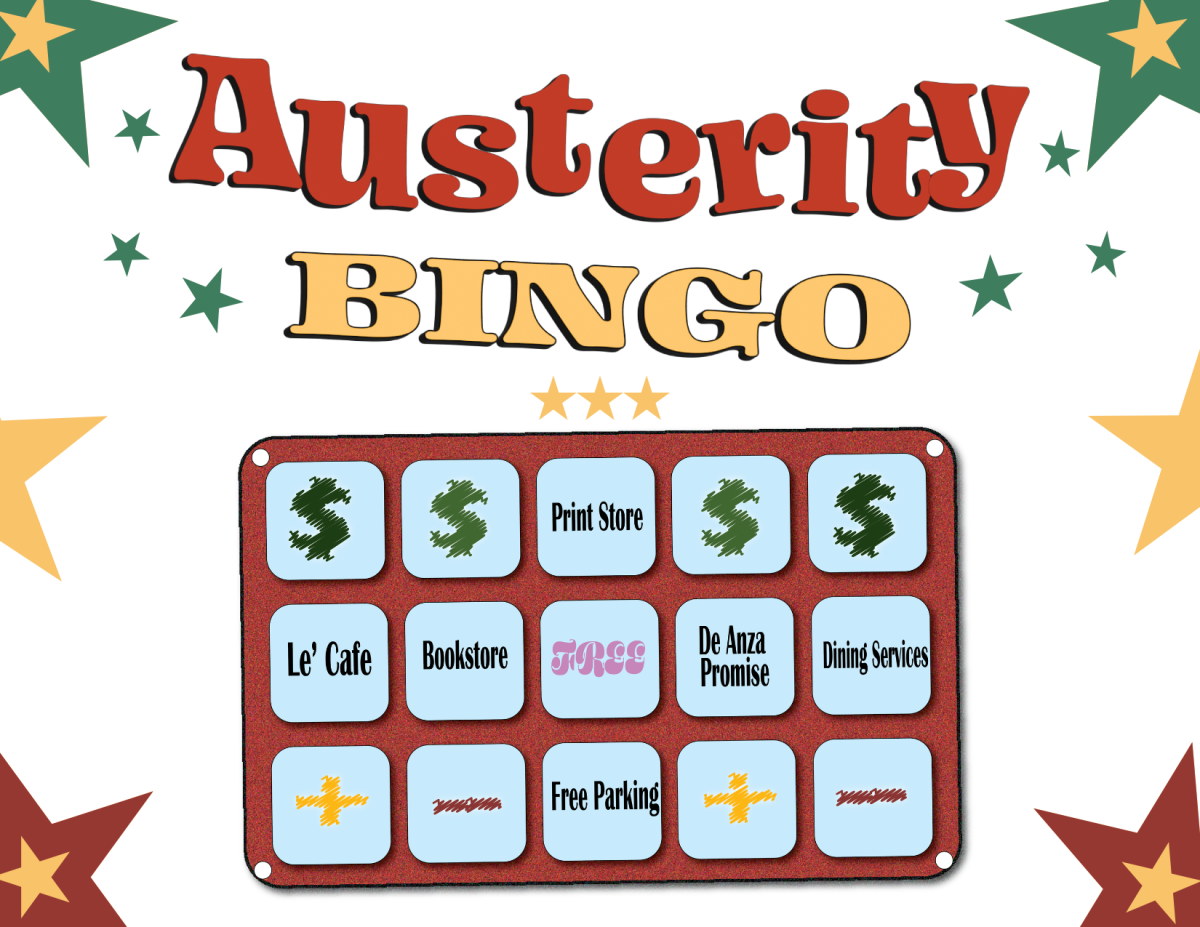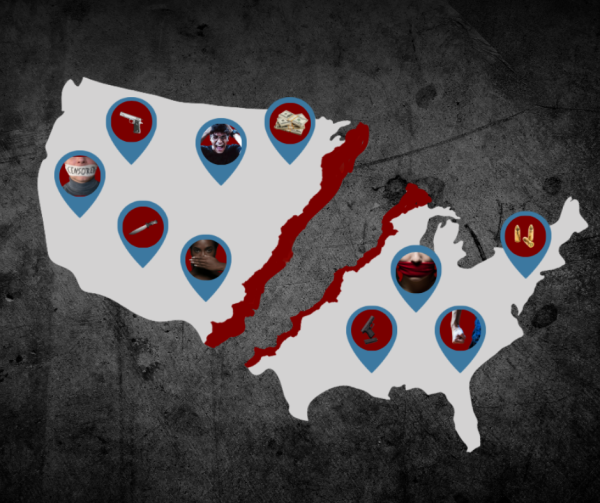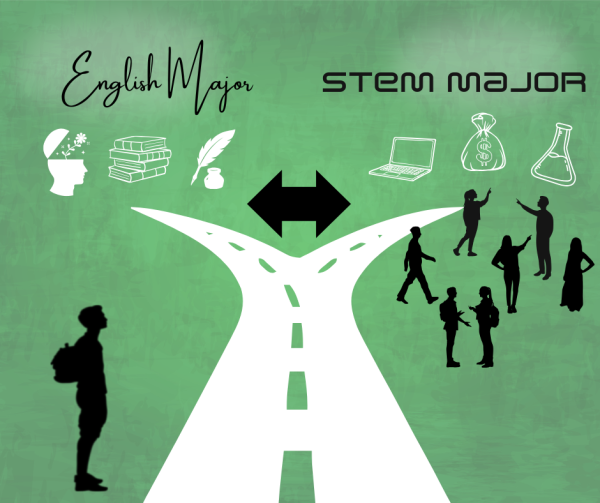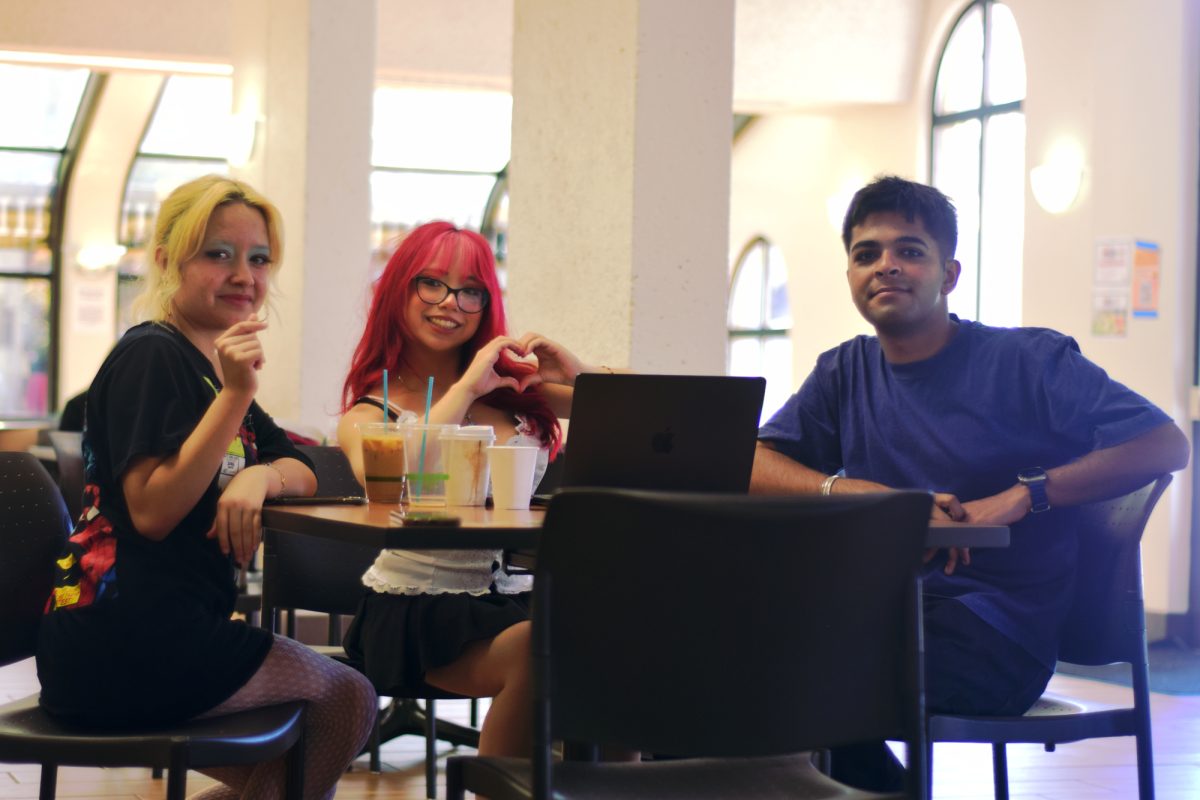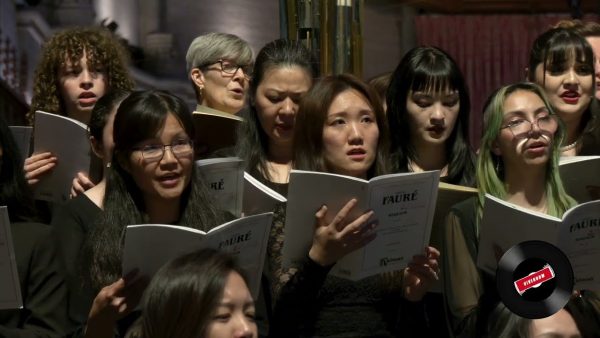Walking in undocumented students’ shoes
February 21, 2017
Andrea Torres’s family fled Peru, a country riddled with human rights violations and terrorists against America, when she was 2 years old. They quickly overstayed their temporary visas and settled down permanently.
Growing up in a predominantly white community, Torres, 18, psychiatry and political science major, felt different and was treated differently.
“I wasn’t white, I didn’t have blue eyes, didn’t have blond hair. I looked different and my body was different,” Torres said.
Torres did not know she was an undocumented immigrant until her parents told her in her junior year of high school.
In third grade, Torres was sexually assaulted by a family relative and kept it to herself out of shame. She eventually opened up to a school therapist in her sophomore year of high school.
“[The school therapist] contacted the police and my parents. Rather than showing concern about how I felt, [my parents] showed concern about the police department coming in,” Torres said. “It wasn’t about me being sexually assaulted. It was ‘Oh crap, she told the police.’”
Torres’s parents quietly dropped the case, fearing the police would look deeper into their legal situation.
Torres came out as undocumented at a post-election conference at De Anza.
“It started hitting me that I’m undocumented,” Torres said. “This is the first time that I’ve said it out loud in front of people.”
Torres joined HEFAS (Higher Education For AB 540 Students) shortly after, and began attending their meetings.
Brenda Pantoja, Recruitment Coordinator for HEFAS, came to De Anza College four years ago and qualified for resident tuition. While her parents are US citizens, she is undocumented.
“At the time there was no financial aid for undocumented students because we didn’t qualify for FAFSA,” Pantoja said. “In 2012, when DACA passed and the California Dream Act, that allowed me to sustain myself and my studies.”
Pantoja works for HEFAS and receives wages thanks to DACA’s work permit. She said she is more privileged than an undocumented student because the permit protects her from deportation for two years.
Pantoja said she won’t go down without a fight.
“HEFAS is getting stronger every minute. We have so many people coming to volunteer with us, our team is going to grow, so we’re very excited.”
Torres also benefits from President Obama’s Deferred Action for Childhood Arrivals (DACA) policy.
“If DACA gets repealed, my parents are not going to stop talking to me about marrying my boyfriend for the papers,” Torres joked. “All of this hard work, all of this sacrifice, it’s going to go down the trash.”
Torres would really like to share her story with President Trump.
“I would talk to him about what I’ve seen, what I’ve been through, how much my parents have been through,” Torres said. “He’s a white, rich, privileged man. He has no idea what the hell it’s like to walk in somebody else’s shoes – somebody that has less privilege, somebody that has to actually work for their money, hasn’t had everything handed to them.”
Pantoja said she is thankful that HEFAS exists because she doesn’t know how she might’ve reacted to the election. “I would’ve probably been sulking over the tragedy of who’s becoming president.”
Manuel Alonzo, Office Coordinator, suggested that people imagine themselves being in undocumented students’ situations to empathize.
“We struggle without financial aid for school,” Alonzo said. “Put [yourselves] in our shoes and [you’ll] see the reality we go through.”
Torres plans to finish her general education at De Anza, and transfer to either the University of Oregon, or UC Berkeley.
“It’s a long journey for me,” Torres said. “I want to devote my life to helping people – I want to make a change.”



